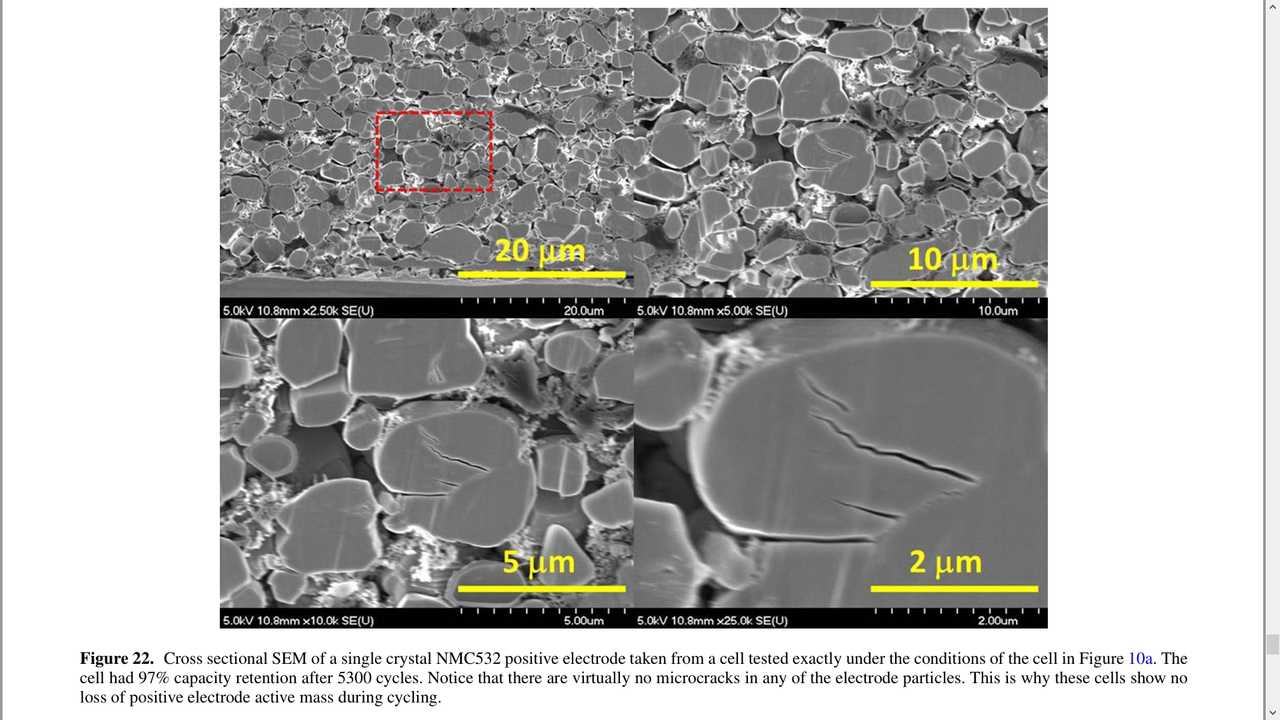It seems that Maxwell and Jeff Dahn were only part of the strategy.
Tesla is clearly pushing to produce its own batteries. The company has always tried to control all aspects of its production. After buying Maxwell Technologies and making a research partnership with Jeff Dahn for a 1-million miles battery, it has reportedly bought Hibar Systems. The website Electric Autonomy says that the business happened between July and October.
That is because there is no precise info on when the acquisition actually took place. Electric Autonomy found out that Tesla had no subsidiary information on the website of the Office of the Commissioner of Lobbying of Canada since July 9. On October 2, when the info was updated, Tesla included Hibar Systems Limited as its “Subsidiary Beneficiary.”
Electric Autonomy tried to obtain more information on the deal, but Tesla has not answered. Business as usual. When it reached out to Iain McColl, CEO, and president of Hibar, he told Electric Autonomy to talk to Tesla.
Why is Hibar critical to Tesla’s strategy of having its own batteries? Because the Canadian company has allegedly developed a high-speed manufacturing process for Li-Ion cells. Something crucial to making their price drop with more massive scale.

It is time to put the pieces together. Jeff Dahn has published papers showing single NMC532 crystals as positive electrodes are the keys to a million-mile battery. Maxwell developed a solvent-free electrode manufacturing process that helps build batteries with these positive electrodes. Tesla is also entering the mining business to secure access to raw materials. What about Hibar?
The Canadian company’s high-speed process for producing batteries is one of the elements to understand the investment. But Hibar also has manufacturing facilities in Europe, South Korea, Japan, Malaysia, and China.

Tesla’s relationship with its leading supplier, Panasonic, is not going that well. The EV manufacturer is not afraid to go public to say “cell constraints” slow down the Model 3 production. On October 8, The Wall Street Journal reinforced that culture clashes are making matters even worse.
If Hibar can supply the batteries Tesla needs, the EV manufacturer will no longer be so dependent on any supplier for its production ramp-up. The second step would be to put the Hibar production method at Gigafactories. Would the battery production bottleneck be gone for good? Tell us what you think in the comments below.
Source: Electric Autonomy
